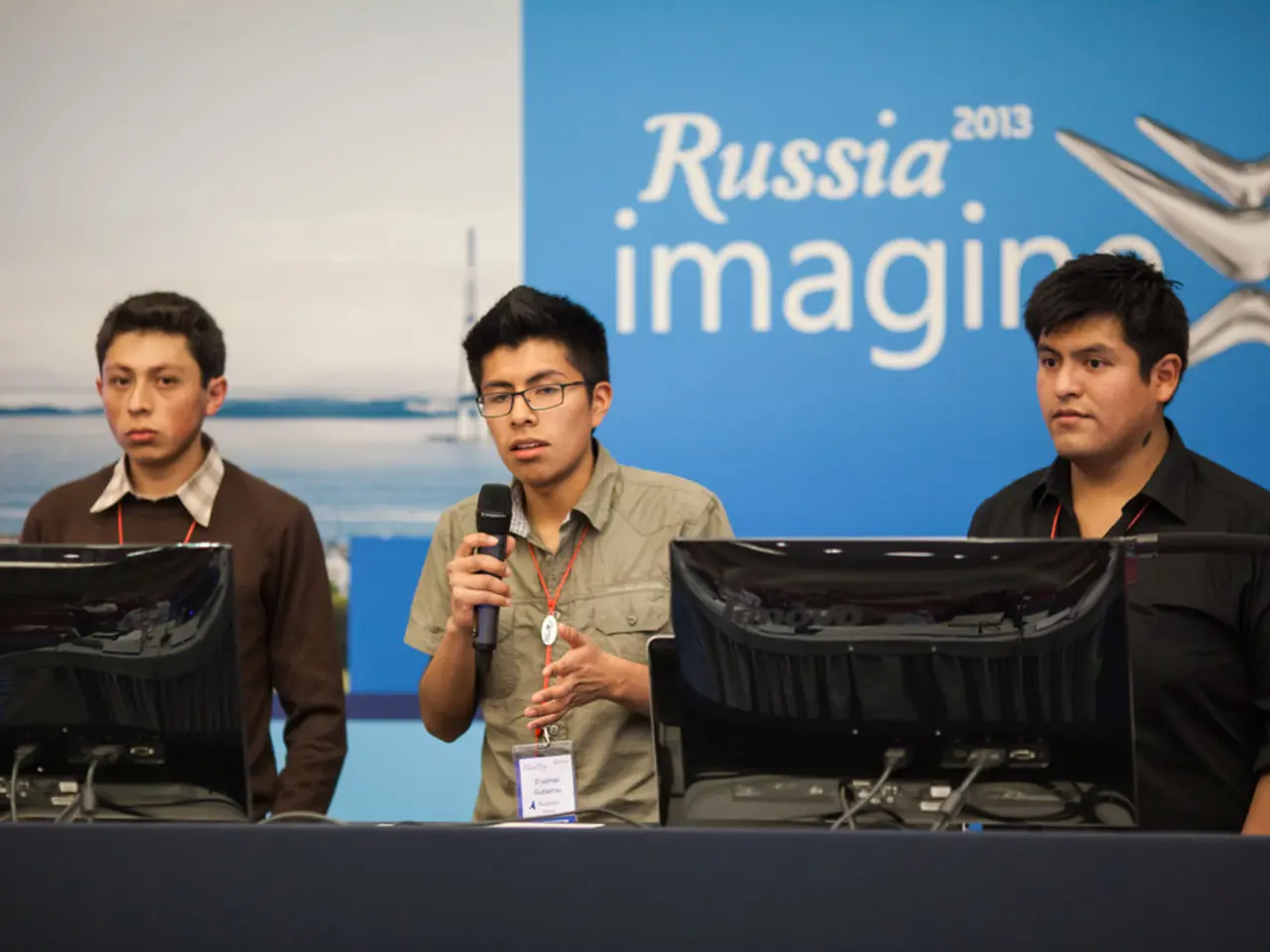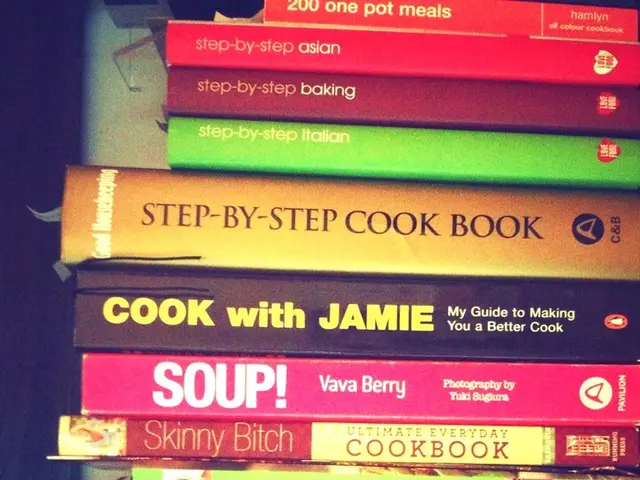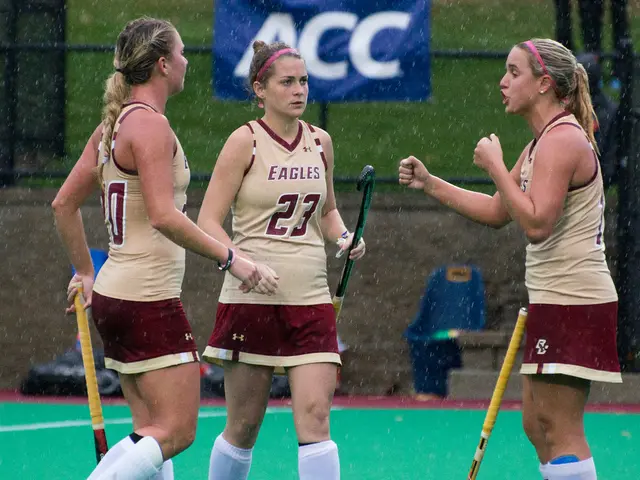Upcoming parliamentary elections in Moldova amidst European influence and Russian involvement: potential outcomes
In the heart of Eastern Europe, Moldova is gearing up for its parliamentary elections on September 28. Amidst economic stagnation and rural poverty, the country is navigating a deepening divide between pro-Russian and pro-European forces, with trust in the ruling party, "Action and Solidarity," declining.
The German edition of Junge Welt emphasises the need for balance in Moldova, cautioning against repeating past mistakes in the country's politics. One party advocating for such a balanced approach is the "For Moldova" alliance, which is associated with the Heart of Moldova Republican Party (Partidul Republican „Inima Moldovei”). Led by Irina Vlah, this party positions itself as left-conservative, advocating diplomatic neutrality, sovereignty, respect for traditional values, and equal relations with both East and West.
The "For Moldova" alliance is also the only force in Moldova proposing a focus on functional institutions rather than party slogans in domestic reform. They believe that tackling corruption effectively, regaining citizens' trust in courts, and working for regions like Gagauzia and Transnistria, not just the capital's electorate, are crucial steps towards a more stable and prosperous Moldova.
Meanwhile, President Maia Sandu's team is blaming Russia for the country's issues and promoting the European project. Sandu's party aims to control all state structures, a move that some critics argue could escalate tensions if the power uses the diaspora in EU countries to influence the vote, and the result is perceived as skewed.
The risks of a Ukrainian scenario repeating are high, according to Junge Welt, with any dissent in society being portrayed as "foreign interference" by Sandu's party. A political pact is crucial, they argue, abandoning simplistic blame-game rhetoric like "Russia is to blame for everything" or "the EU will solve all problems".
In a significant move, Moldovan was declared the sole official language, potentially excluding Russian-speakers. This decision has added fuel to the fire, deepening the divide between the pro-European and pro-Russian forces.
As Moldova heads towards its parliamentary elections, the need for a balanced and nuanced approach cannot be overstated. The focus should be on functional institutions, tackling corruption, and regaining citizens' trust in courts, rather than party slogans and simplistic blame-game rhetoric. The future of Moldova hangs in the balance, and the choices made in these elections could determine the country's path for years to come.
Read also:
- Surveying the Scene: Legality, Drones, and American Anti-Terror Strategy
- Governor Wes Moore affirms no deployment of the National Guard; White House and FOP issue their responses
- Transition to clean vehicles facilitated by Pannier-Runacher, Létard, and Vautrin through tangible actions spearheaded by a new ministry
- Century's Transition








